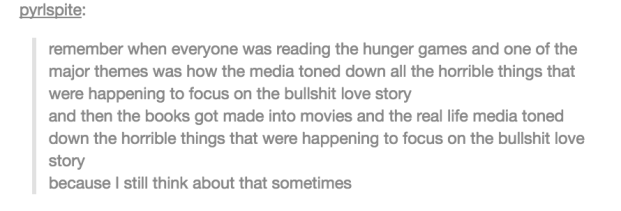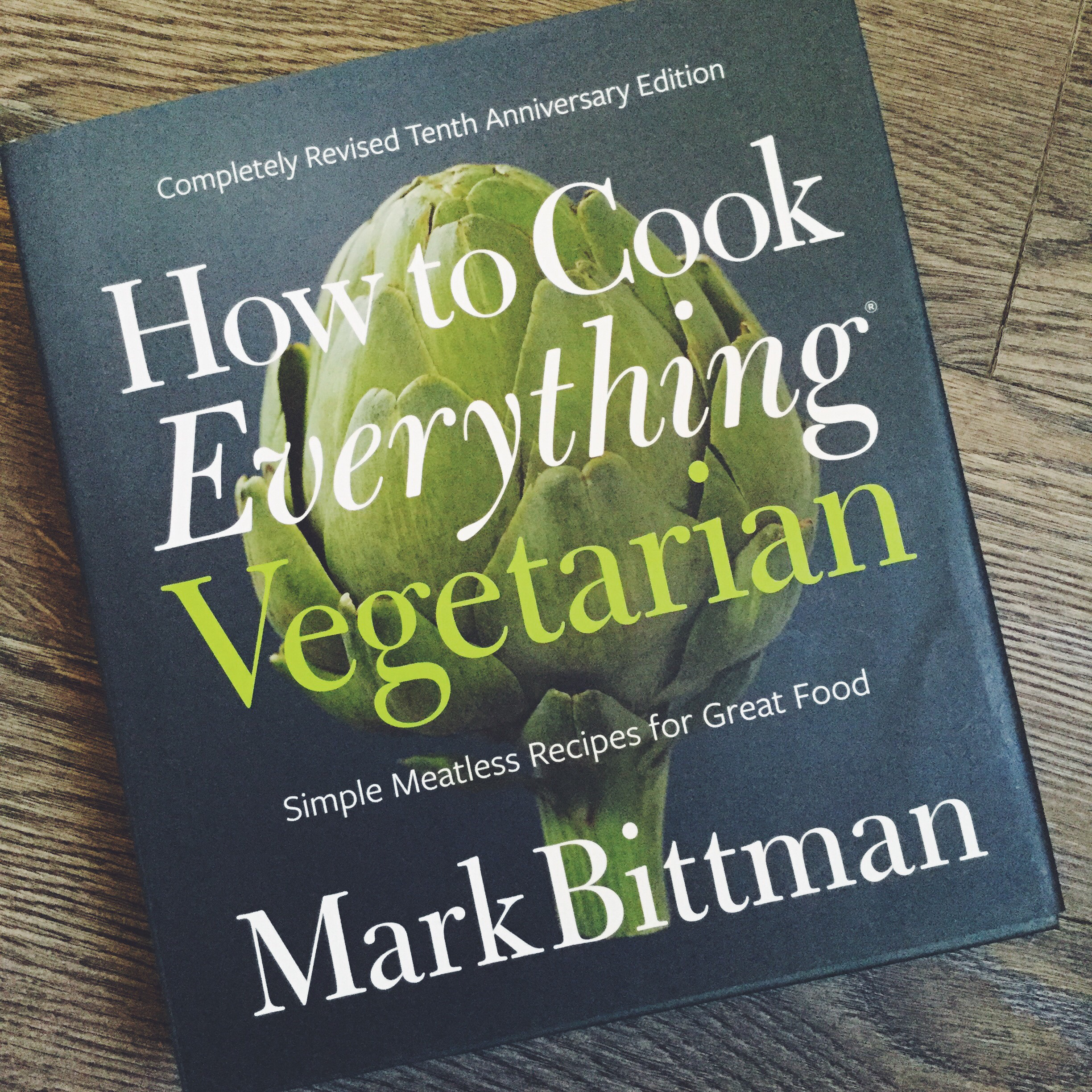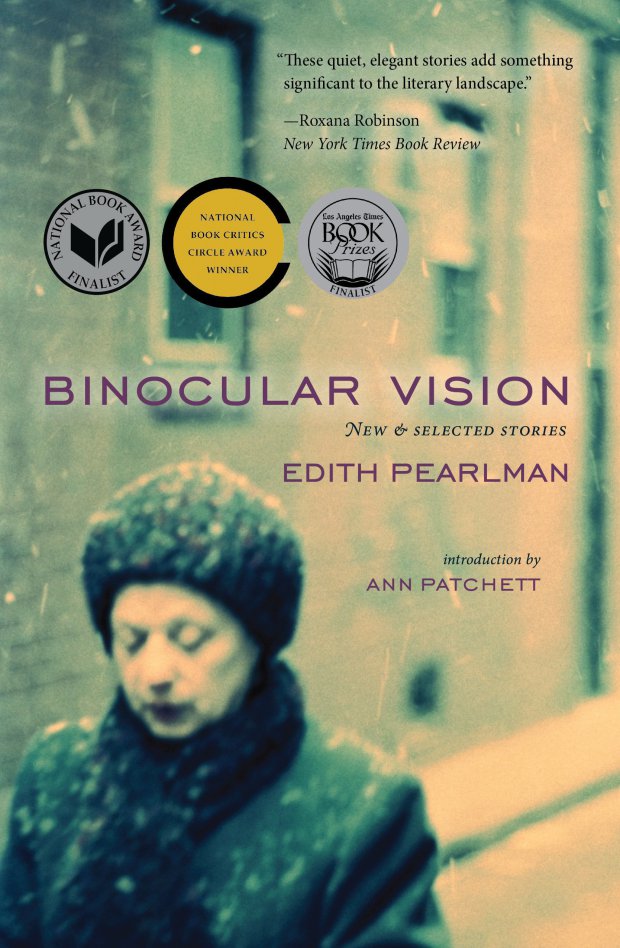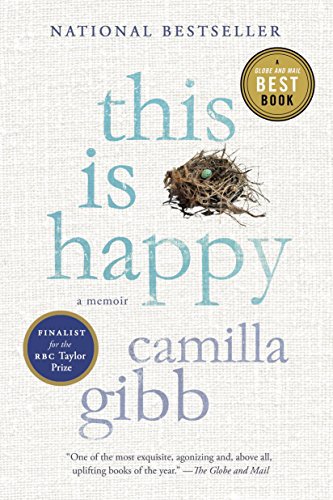As you can surely tell from the title, we are about to embark on a positive, constructive analysis of one of the most pervasive genres in modern America: YA lit. For the uninitiated among you, this abbreviation refers to “young adult literature,” books written for middle-to-high school aged audiences. And I hate it. I have always hated it. Let me tell you why.
Before I do, however, I must make my disclaimer: there are obvious exceptions to the rule. These exceptions include and are probably limited to the Harry Potter series (kind of) and the Hunger Games series. The catch here is that pop culture has kind of ruined both of them. Listen. Harry Potter ended with the final book in 2007. Ten years ago. I get it, it was our childhood, but it’s over. It had a good run. Let it rest in peace. As for the Hunger Games, I will defend (and have) Mockingjay to my dying day, and the entire series as the first and last well-done YA dystopian narrative. But the problem is that, when the Hunger Games was popularized, it became the one thing it critiqued. Instead of delving into that hot mess, I will simply leave this insightful post from tumblr (what an oxymoron) to sum it up:

But anyway, back to what I hate about YA lit itself. Which is everything. But I’ll start with the very premise of it, which is the fact that young adult, that is, teen, literature is written primarily by adults. Who were admittedly young adults once, yes, but in a very different time. I am 20 years old and am already quite certain that I cannot relate to a single thing in the life of the typical American high schooler. The reality of being a young person is constantly changing and is deeply unique to every individual. There is no way to make a book about young adults universally relatable.
 This is the closest thing to “universally relatable” I have encountered thus far.
This is the closest thing to “universally relatable” I have encountered thus far.
This is especially true when the writer him/herself has not been in high school for years. It’s so painfully uncomfortable to read when the author is clearly out of touch, and this is exacerbated in the unfortunate situations when adult men produce a female protagonist. And probably when adult women produce male protagonists, but since I have never been a high school boy I can’t vouch for that. But I always go back to the first chapter of Carrie by Stephen King (an author I love, for the record), wherein a teenage girl gets her first period in the locker room and doesn’t know what it is. Chaos ensues. I loved the book, but that exposition always made me uncomfortable. What does Stephen King, a grown man, know about girls’ locker rooms, periods, or the dynamics of teenage girl relationships which rival Viking berserkers in both aggression and elements of psychological warfare? Probably not much. And if he does, that’s even creepier than writing about such topics with no knowledge. The point is, adults don’t know what they’re talking about when they write about children and they never will, unless they invent a machine that lets you read minds. And until they do, there’s probably a YA book about that with some bullshit love triangle thrown in for good measure.
This brings me to my next point: the formulaic nature of young adult books. Specifically the love triangles. I know this is a little unfair, since formulas and love triangles have existed pretty much as long as literature, but they’re still boring and stupid and alienating to audiences who do not give a flying fart about romance (I know I’m not the only one). Blogger Adam Ellis published a comic that I think sums it up best:

Even outside the realm of dystopian fiction, cliches reign supreme. Teen girls are “not like other girls,” teen boys are monsters except for the one who is the only guy who “gets” the female protagonist, and parents are weirdly absent. Like, weirdly absent. Usually there’s some element of drug abuse or being dead, but even the normal parents have like nothing to do with their kids’ lives. I don’t get that.
My biggest gripe with YA lit, however, goes beyond the basic cliches into the actual plot, wherein normal, everyday teens who are neither normal nor everyday in any sense of the word go on some grand odyssey (it took me 12 tries to spell that right). Explain to me what is relatable about two 14 year olds stealing a car and going on an epic road trip across Germany wherein they are chased by cops, break a foot, get shot at, and meet a girl in a garbage dump? And yes, before you ask, this is the actual plot of an actual book called Tschick by Wolfgang Herrndorf. And not to brag, but I read the whole thing in its original German. This kind of adventure story is not at all uncommon in the genre, and I hate it. If I’m going to read about characters who are supposed to be “just like me,” I don’t want to see them going on these wild, life-changing adventures. That makes me feel bad. I want to see them go to school and complain about the cafeteria food. Instead of fist-pumping in celebration for outrunning a cop, let’s see fist-pumping for passing a test they didn’t study for.
Honestly though, even if, as a high schooler, I had read a book about relatable characters doing relatable things, I probably still would’ve hated it, and here’s why: I hate teenagers. That’s it. That’s the root of my abhorrence for YA lit. I hate young adults. I hated them when I was a child, I hated them when I was a middle/high schooler, I hate them now, I probably will forever. Teenagers are stupid. It’s not their fault, it’s the result of being absurdly altricial (which is the fancy anthropological term for “fucking useless”) children.
Now of course, just like Harry Potter and the Hunger Games, there are shining exceptions among high schoolers. But I’d rather get coffee with them than read about their lives. Give me books about cats that live in clans in a forest. Give me books about private detectives and Prohibition-era gangsters. Give me books about #1 fans with a homicidal streak or a man with writer’s block and cabin fever. Give me books about 19th century Transylvanian vampires, not 21st century teenage vampires in the Pacific Northwest. Give me books that make me imagine something new, not reflect on the constant irritations and drudgery of my actual life.
And for the love of all that is holy, stop giving me movie adaptations with teenagers played by 30 year olds.
Note: Please do not take this as a personal attack and try to explain to me why YA lit is good. If you like it, that’s great. I’m happy you’re reading something you love. I, too, read things that I love, that are not YA lit. Instead of arguing with me, write a blog about how much you hate my favorite genres and I’ll read it after finals week. Deal?
Advertisements Share this:




